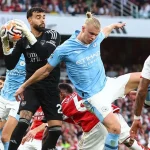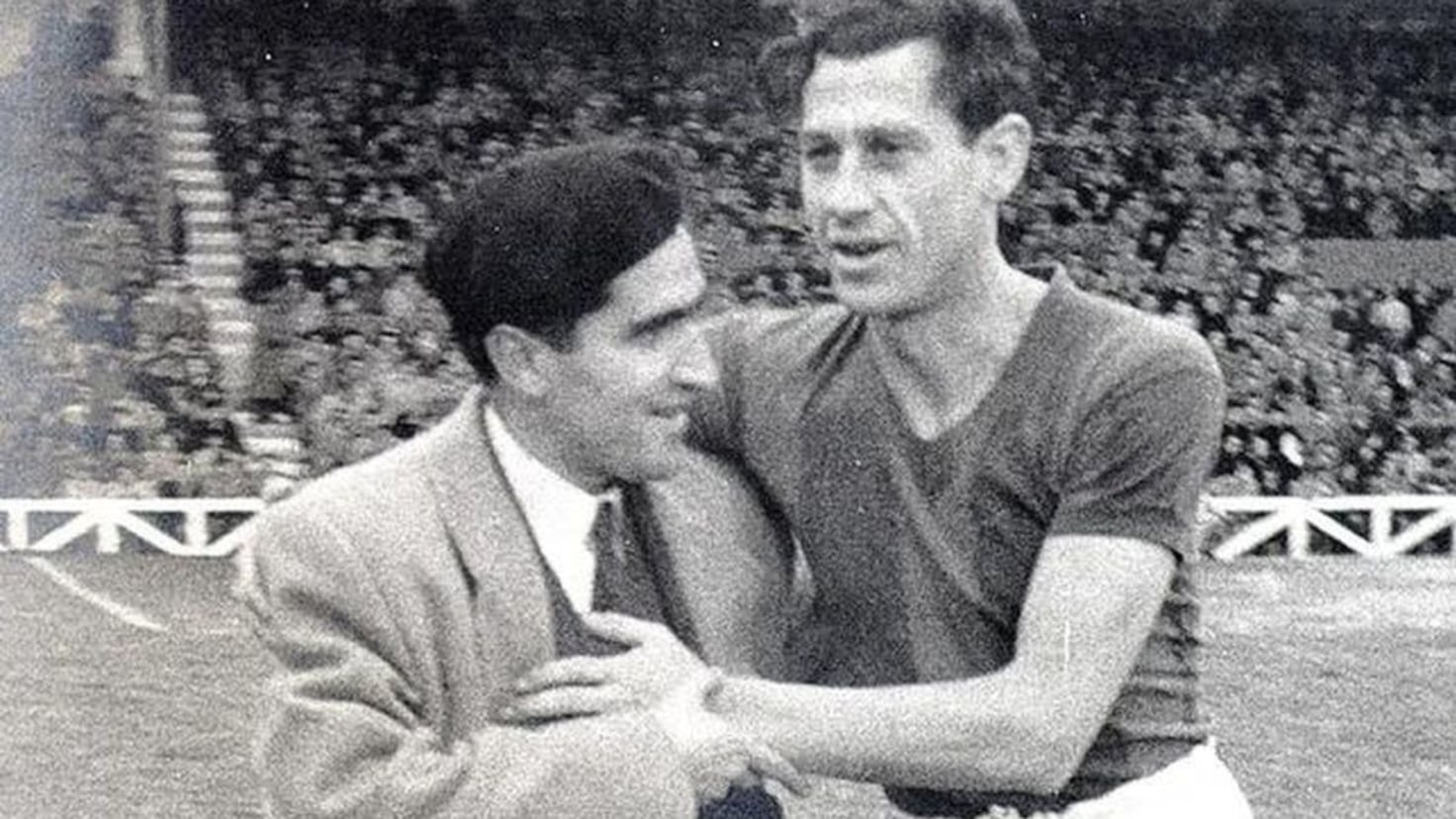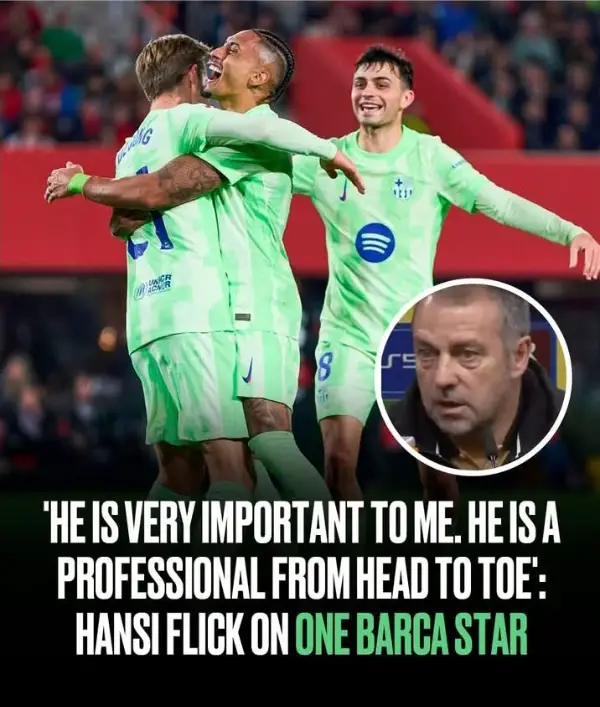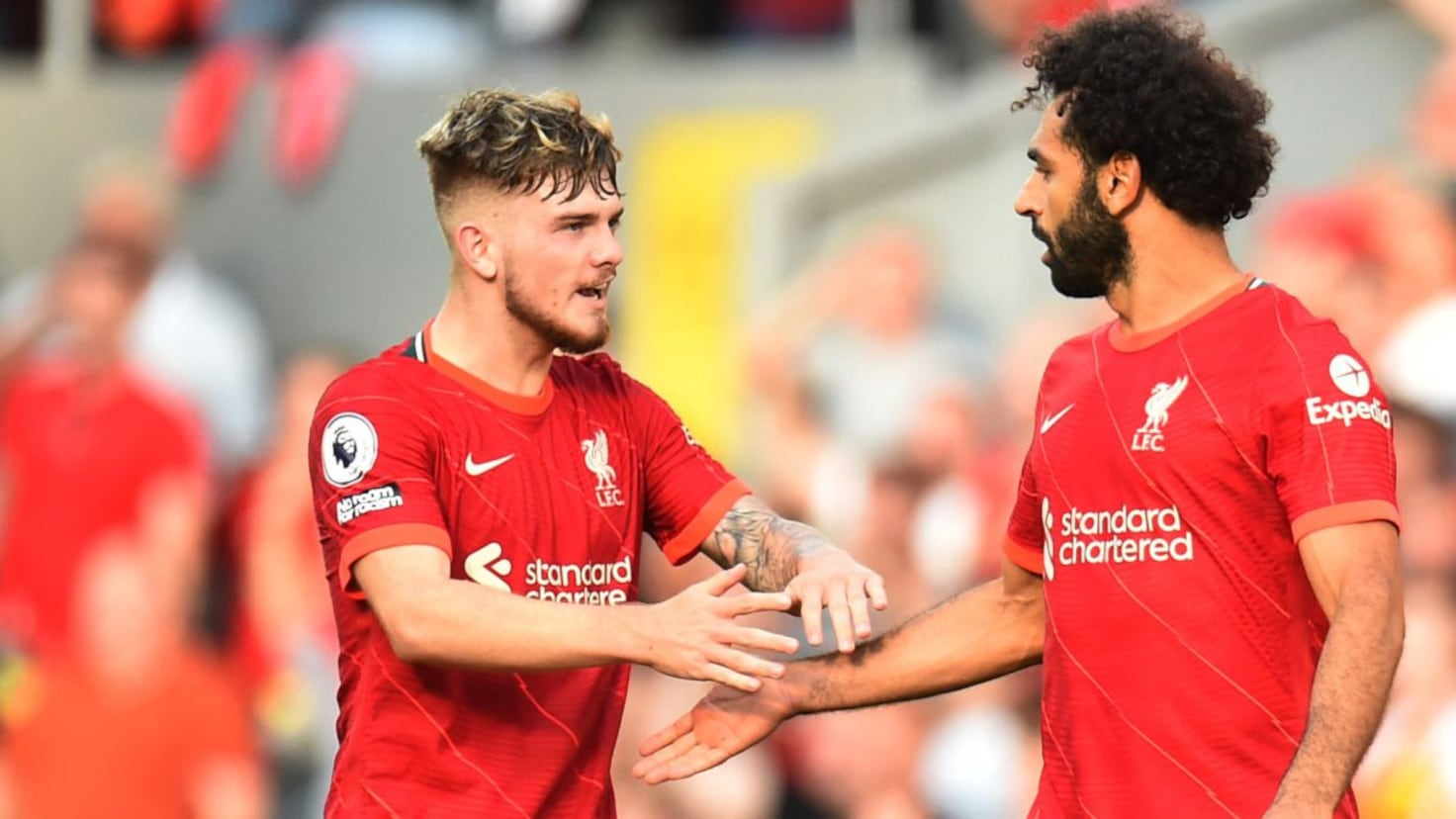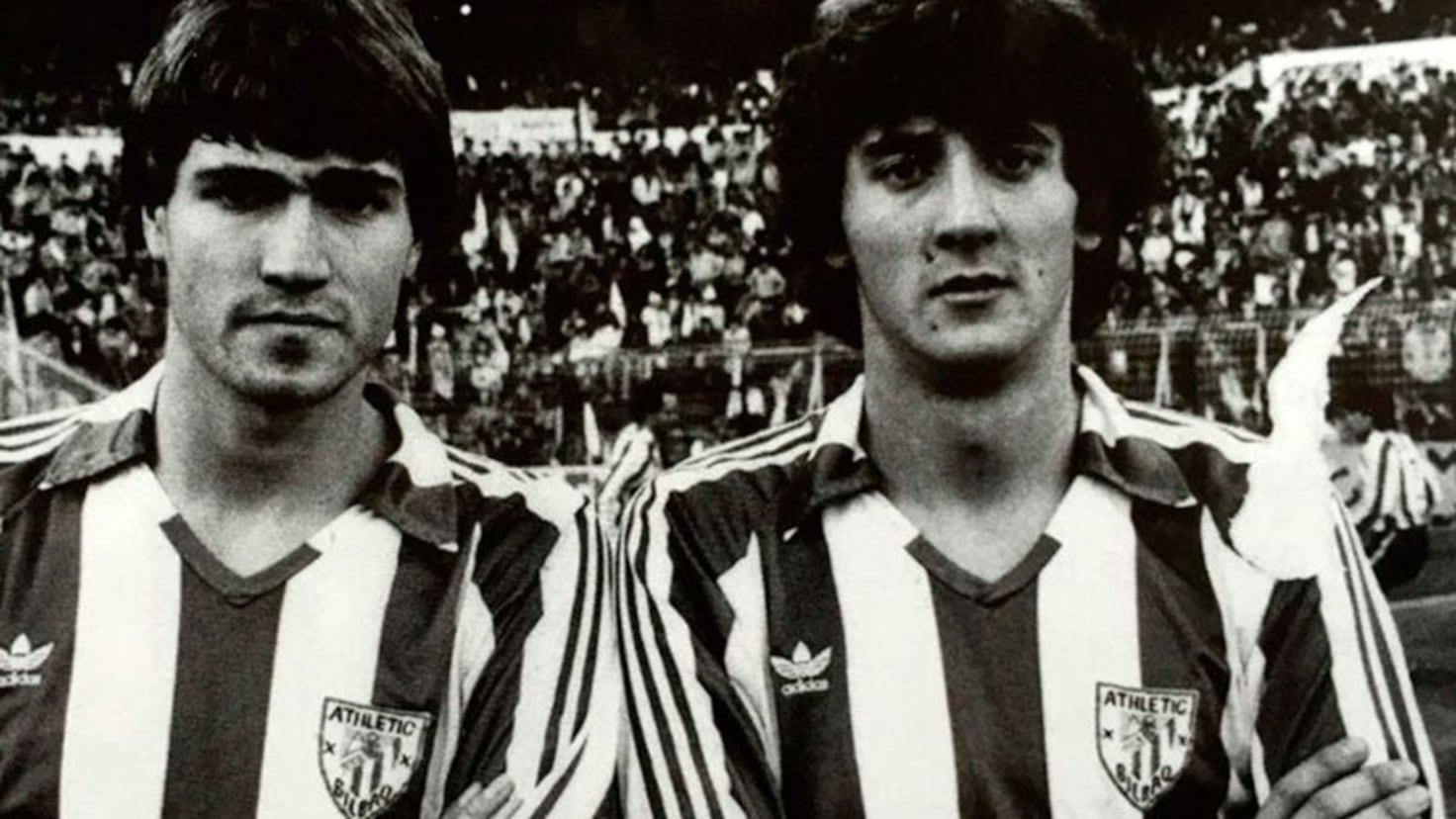Between 46 and 47, San Lorenzo de Almagro (new Argentine champion) made a tour of Spain that was legendary. Of eight games they only lost one. He scored with ease, with touch-and-stop football, exquisite, unknown here. There were two consequences from that: the first, that the Federation forced, via circular means, all teams to play the WM, like San Lorenzo; The second was that in San Mamés they stopped attacking Panizo’s scientific and calm game, because when San Lorenzo passed by there, the public was amazed to see that they all played like him.
That team was captain أپngel Zubieta, who left Spain 10 years ago. Despite such a long absence, he was well remembered for his very early appearance in Athletic, to whose League title in 35-36, the last one before the war, he contributed. Born in Galdأ،cano, he had made his debut for Athletic on 10-27-35, at the age of 17, in San Sebastiأ،n against Real (0-2) in the Regional Championship. Debuting at that age was exceptional then. In the League he played on the first day, 3-3 in Oviedo, on 10-11-35, and was a starter throughout the season. He was a big, strong, tireless midfielder with great ball striking. Coach Amadeo Garcأa Salazar made him debut against Czechoslovakia at the Letna Stadium in Prague, on 04-16-35. He was born on 07-17-18, so he debuted at 17 years and 284 days old. A record of precocity that has survived until Gavi’s emergence in San Siro (17 years and 62 days). He repeated as an international eight days later, against Switzerland in the Neufels in Bern, the team’s last game before the War.
During it he was part of the famous Euskadi Team that toured Europe to raise funds and propagandize the Republic. A famous and successful tour at the end of which, back in Paris, they learned of the fall of Bilbao. Gorostiza and Roberto Etxebarrأa returned to Spain, the others went to America, where Euskadi had new contracts and even played a season in the Mexican League, where they were runners-up. Then they dispersed. Some retired, the most hired by teams from Mexico or Argentina.
Zubieta chose San Lorenzo. It was difficult for him to adapt to the calm, dribbling football there, but he soon settled in and became a legend. He was the axis of the game during that tour, in which he was applauded in all fields, rivaling in popularity with the central trio of the attack, Farro-Martino-Pontoni, who worked wonders. He was 29 years old, he was in his prime.
In 1952, already a veteran, he decided to return to Spain. Five years earlier, Iraragorri, to Athletic, and Lأ،ngara, to Oviedo, their pre-war clubs, had already done so. They were not disturbed. Zubieta chose Depor (Riazor had been one of the stages of the tour), leaving behind 13 years and 352 games in San Lorenzo. Athletic tried to assert its rights over the player, but the Federation rejected it. He arrived at the end of the 52-53 League, in which he played the last seven games. In the next one he played them all. It was in that 53-54 when a promising youth player, Luis Suأ،rez, was promoted, who at the end of it would move to Barcelona, for which he already played in the Cup. Suأ،rez has great memories of him: â €œHe was a magnificent player; He helped me a lot, he filled me with good advice.â€.
Zubieta’s last game, now 37 years old, was precisely against Barça, a tremendous 0-7 at Riazor, on 02-05-56. From its appearance in Primera until that day, 20 years and 87 days had passed. That is the other record that Zubieta has maintained for so long, and that Joaquín now threatens. The winger’s first game with Betis in the Primera dates back to 08-26-01 (Mأ،laga, 3; Betis, 2). More than 20 years have passed. According to Master Chip’s accounts, as soon as Joaquín takes part in a match starting on matchday 14, he will have broken that record.
In that 0-7 Pahأأ±o had acted as coach-player, since the coach, García Vizoso, had just fallen. Pahأأ±o served three days and passed the brown to Zubieta, who decided not to align himself. Then he trained in Portugal and in 62-63 he arrived at Athletic. His return was taken very well, but things went halfway. The generation of the Eleven Villagers was dissolved and they had a renewal that they handled well, making their debuts for Iribar, Aranguren, Iأ±aki Sأ،ez and Uriarte, but the team was tenth, in the Cup they lost to Zaragoza de Los Magnificent and that tasted like little. He also coached Valladolid and Jaén, then in Mexico and Argentina, where he died at the age of 67 from ALS.
There, the classics still remember him as one of the best foreigners who played in the Argentine championship.

